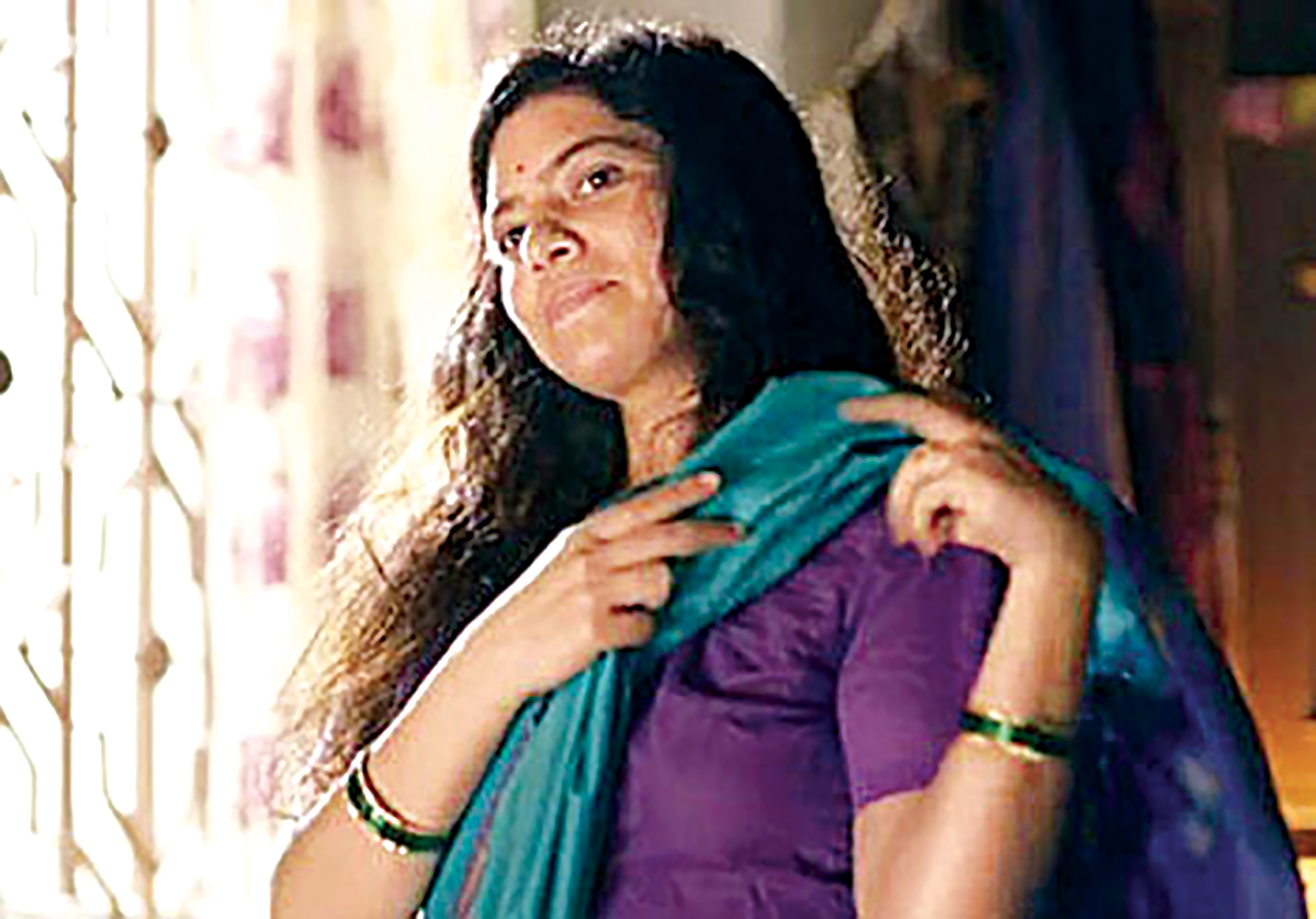
“Content is king. If the script demands sexuality and abusive language for the flow of the story, then filmmakers should show them on screen unabashedly, regardless of the consequences”, said veteran Bengali actor and filmaker Anjan Dutt, after the 2011 Paoli Dam leaked scene controversy.
But the above statement can only be made but is rarely executed in India as the censorship laws are extremely archaic. Here, James Bond can only kiss on screen for three seconds as kissing for 18 long seconds is not sanskaari, and a film like Lipstick Under my Burkha will be banned for being ‘lady oriented’.
As a result of these censorship, filmmakers have shied away from using taboo subjects such as sexuality and abusive language, except a few instances like Delhi Belly and the Gangs of Wasseypur films.
What Indian audiences got in the name of sexuality were sleaze fests like Ragini MMS 2 and Hate Story that showed sex on screen to titillate the audience and not to take the story forward.
As a result of all this, filmmakers strived for an opportunity where they could tell their stories without having to go through the perils of censorship, and with full creative freedom. In 2018, this need was somewhat fulfilled by online streaming services like Netflix and Amazon Prime.
Sacred Games, a series directed by Vikramaditya Motwane and Anurag Kashyap, was a game changer of sorts. The first Netflix original in India, the content of the series was mature, and was internationally recognised with critics all over the world heaping praises all over it.
It was the boldest ever description of the Mumbai underworld. With bloody violence and abusive language, it was an unabashed and “the most accurate” description of the crime life of Mumbai, according to film critic Rajeev Masand.
But on the sexuality front too, Sacred Games was a sort of a game changer. The character, Kukkoo, played by Kubbra Sait, the love interest of Gaitonde was shown to be an intersexual female. In fact, in the scene which Gaitonde gets to know the sexual identity of Kukkoo, was a scene which showed the latter fully in the nude, and the makers didn’t even shy away from showing the character’s unnatural genitals. This was perhaps the most emotional and important scene in the Gaitonde story arc.
The scene depicted that even after learning the identity of Kukkoo, Gaitonde didn’t feel disgust but rather accepted her as who she is. The scene was so important for Indian cinema, as it showed that nudity is not a device just to titillate the audience, but to show an important emotional juncture of the story. Sacred Games was also perhaps the first Indian movie or series that had a lead character of a different gender other than a male or female.
Rajshri Deshpande’s character Subhadra, the wife of Ganesh Gaitonde, was also a woman with strong sexual desires. She refused to be submitted during sexual intercourse with her husband — she too wanted to be satisfied, and not just be a means of satisfaction for Gaitonde. In fact, she asked her husband to engage in intercourse only after he took revenge for the murder of his father figure, as only then will both of them enjoy the process and sex will not be the means of venting out his frustrations.
In fact, when both of them finally indulge in intercourse, the scene showed full frontal nudity of the woman, a rare occurrence on the Indian cinema scene.
The other Netflix special movie, Lust Stories also dealt with the taboo subject of the sexuality of a woman, with four short films by director Karan Johar, Dibakar Banerjee, Zoya Akhtar and Anurag Kashyap. From dealing with the sexual desires of a divorced teacher, a middle-aged woman, a maid and a young woman married off at a young age, the anthology depicted the taboo subject in a pretty organic manner.
Netflix’s main competitor Amazon Prime too didn’t shy away from being bold with its content. Inside Edge, the Farhan Akhtar-produced series which showed the underbelly of cricket in India, showed a closet gay cricketer whose sexuality was being exploited by bookies to embroil him into match fixing. It also depicted how an ageing film actress, played by Richa Chadha, is slowly losing her sex appeal among the audience, as she is in her mid-30’s.
The latest Amazon Prime offering, Mirzapur, showed the character Babloo — played by Shwetha Tripathi — engrossed so much into studies that she finds her sexual release through Hindi pornographic literature. There is even a scene in which she is shown masturbating while reading such a book.
Rasika Duggal’s character of Beena, the much younger wife of protagonist Kaleen Bhaiya, played by Pankaj Tripathi, is not sexually satisfied by the intercourse with her husband, who is her father’s age. She lusts for her stepson Bunty, and even partakes in intercourse with the young house help to satisfy her carnal desires.
“The internet scene has been a boon for people who want to show taboo subjects like sexuality on screen. These streaming services, free of censorship, provide the ideal platforms for filmmakers to do so,” says Mayukh Ghosh, a filmmaker.
However, with the recent rumours of introducing censorship for online content on streaming services, it remains to be seen how long the creative freedom of filmmakers lasts.
Experts say stress, lifestyle habits and underlying medical conditions are driving ED in men under…
National Green Tribunal fined the Delhi Pollution Control Committee Rs 50,000 for over a year’s…
Delhi Zoo will receive a tiger, gharials, wolves and owls from Patna, while sending a…
Veteran actor Anil Kapoor reflects on four decades in cinema with gratitude as he takes…
Indian Youth Congress president held as police tighten security and invoke conspiracy and unlawful assembly…
Police said the Rajasthan native, undergoing depression treatment, jumped in front of a train at…